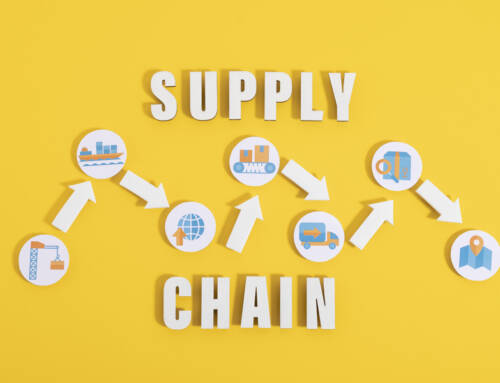Every organization wants to acquire the ability to make faster and better decisions. Today, organizations rely on data science to convert data into predictions and prescriptions and create an intelligent enterprise – achieve twin objectives of faster and top quality decisions. And that becomes a reality by finding the answer to this query – How to accelerate implementation of data science solutions which can augment decision making across operations?
Achieving swift data science results
The very nature of data science is iterative – building a model, evaluating, implementing changes and evaluating again till the time desirable insights are acquired. By entwining DevOps into data science engagements, organizations can not only accelerate results but also assure quality results in the process. With DevOps, organizations can achieve continuous integration and deployment for augmenting developing systems and ensuring they function optimally. Used together, Data Science and DevOps become a winning combo to accelerate data science results.
The availability of DevOps tools also makes it easy for organizations to automate various processes involved in data science engagements and achieve desired objectives. From data acquisition and version controlling to integrations, model supervision and containerization, DevOps increases the speed of processes and delivers quality outputs.
Giving a boost to your data pipeline
Automating data acquisition and data cleansing gives the lead to save time, manpower and cost. Leveraging Data Pipeline, facilitated by AWS, for batch processing, it becomes effective to combine highly-tuned data engineering code encompassing all the data pre-processing scenarios with data pipeline, and get the work done as well as reduce 80% of the cost involved in achieving this.
Strengthening your version control
Where model development is carried out in parallel by many data scientists, there is the possibility of multiple change requests. Take the scenario of a model being pushed to the production stage, followed by additions in the form of new features or attributes and the collapse of the total application triggered by the new code. This prompts reverting of the code, supported well by version control. It helps in collaboration, acts as a backup and enables restoration of codes in fraction of seconds and with few clicks.
Automating integration and deployment
While data science model is tested and evaluated for higher accuracy, frequent code changes can result from unending evaluation phases. By using Jenkins, an automation tool, building, integrating and deploying codes at any pace are made possible to get the code changes reflected as early as it can be done. Using Jenkins along with load balancers is an effective way to allow limited users to test recent version, ensure it works well and allow other users to access the recent version while retaining the old one without downtime.
Sharing models across applications
With the need to share models across applications, Predictive Model Markup Language (PMML) comes into picture. For instance, PMML fits well to integrate a predictive model developed in Python with a Java application, make a saving on time involved in developing API or migrating the code for integration.
Supervising models
For monitoring important parameters pertaining to deployed predictive model, in the likes of resource utilization, application load and availability and most importantly model drift, DevOps tools like Zabbix and Nagios facilitate effective monitoring of resources and applications depending on user-defined metrics and thresholds.
Facilitating containerization of models
By using DevOps systems like Kubernetes, containerization is made possible, wherein the application with which the model needs to be integrated can be orchestrated and distributed in the form of Docker Containers encompassing images for OS installation, Python/R installation and the code as model, all of these packed together. This helps reduce time, efforts and cost involved in setting up and deploying the environment.
At Saksoft, we align Data science and DevOps in our engagements to accelerate time to intelligence, predictions and prescriptions. Our expertise in using a range of DevOps tools help us adopt the right tool from the start to prompt cost-effective and time-saving Data science results.





